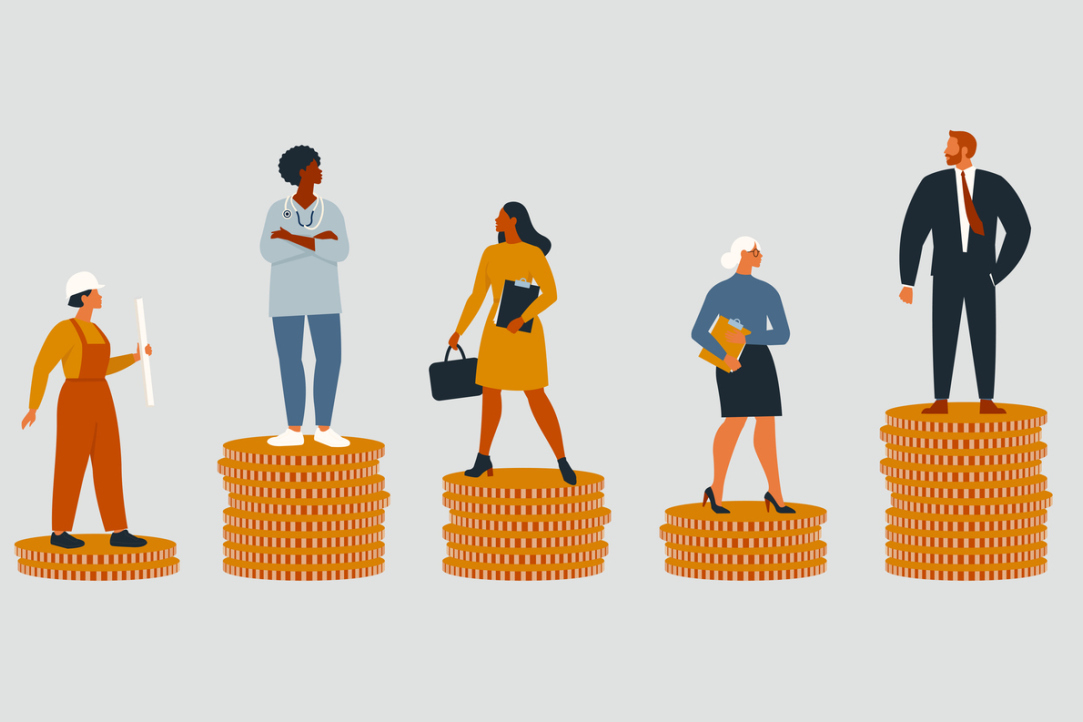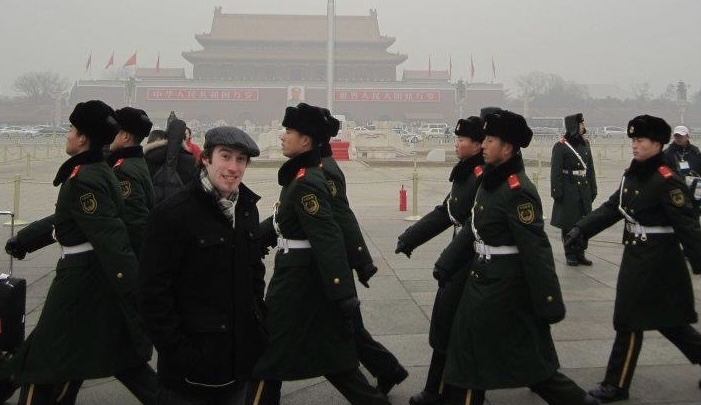
Globalisation Has Failed to Reduce Inequality
Contrary to established theory, globalisation has increased, rather than reduced, inequality in emerging economies. To solve this problem, more opportunities should be created enabling people to acquire new skills. Nobel Prize laureate and Professor at Harvard, Eric S. Maskin, who is also Chief Research Fellow at the International Centre of Decision Choice and Analysis of the HSE Faculty of Economic Sciences and Honorary Professor at HSE University, shared his insights on the topic.

Educational Inequality: Studying Country-Specific Solutions to a Global Problem
Educational inequality is a universal problem, but it manifests itself in different countries in different ways. Comparing the issue across different contexts is always interesting—even more so if the person doing the comparing has a diverse set of examples to draw upon. Adam Gemar earned his Bachelor’s and Master’s degrees in the US before earning his Doctoral degree at Durham University (UK). Now he is a Postdoctoral Fellow at HSE University’s Institute of Education, where he is studying educational inequality in Russia with the Centre for Cultural Sociology. In his interview, he spoke about his research, life in Moscow, and Russian winters.
'The Type of Inequality in a Country Is Unimportant; What's Important Is How People See it'
At the beginning of September, the American Political Science Associate (APSA) awards ceremony took place in Philadelphia, Pennsylvania. At the ceremony, two awards were given to the work Misperceiving Inequality* by Vladimir Gimpelson and Daniel Treisman for the best research project presented at the 2015 APSA congress. The comparative public policy section gave one award, while the comparative political research section gave out the other.
The Gap between Blacks and Whites Is Growing in the US
The 50-year anniversary of the march on Washington was celebrated recently in the US, but the famous ‘dream’ of its inspirer, Martin Luther King, is still a dream: over recent decades, the level of economic and social inequality between whites and African Americans has grown.


Application deadline: June 23, 2025